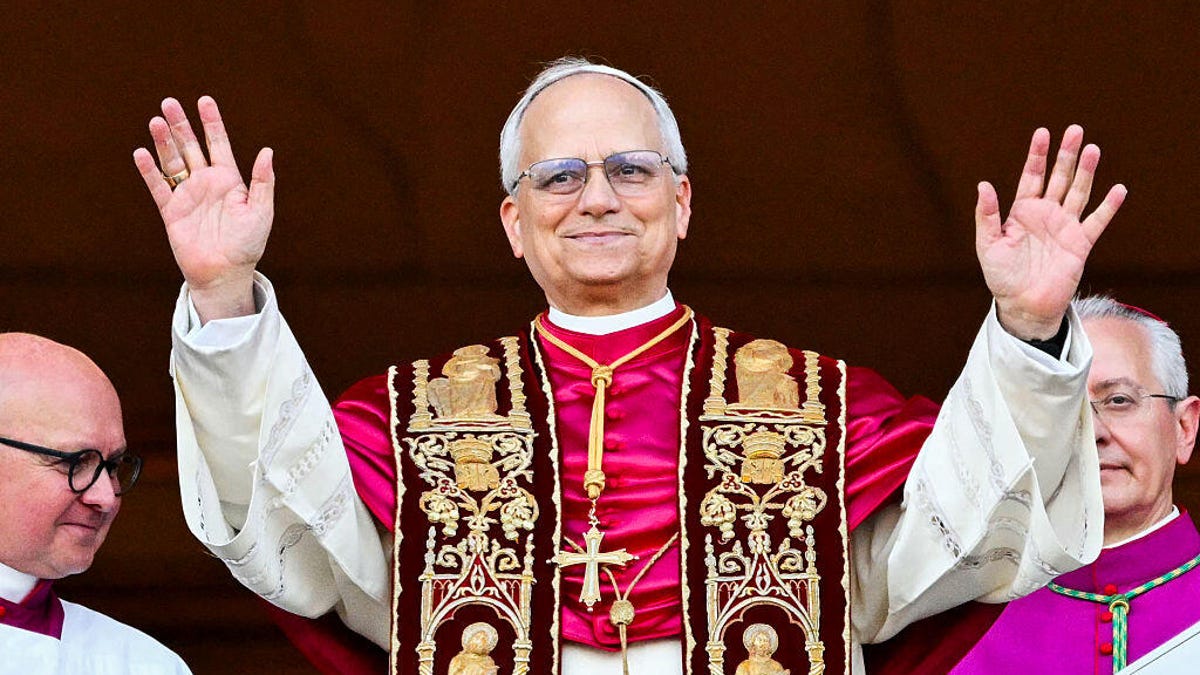Pope Leo XIV Rejects Proposal for an AI Avatar of the Pontiff

Key Points
- Pope Leo XIV, the first American-born pope, refused to approve an AI avatar for virtual audiences.
- The proposed AI system would have let Catholics ask questions online and receive AI‑generated answers.
- He warned that AI could harm children’s development and threaten human dignity, justice, and labor.
- The pope emphasized that AI is not inherently bad and highlighted its medical advancements.
- He called for strong regulation to prevent a "fake world" that erodes truth.
- The decision signals the Vatican’s demand for ethical safeguards in emerging technologies.
Pope Leo XIV, the first American-born pontiff, has refused to green‑light a plan that would let Catholics interact with an artificial‑intelligence version of him online. While warning that AI could endanger children’s development and threaten human dignity, justice and labor, the pope emphasized that he is not opposed to the technology outright. He highlighted the medical breakthroughs enabled by AI and called for strong regulation to prevent a "fake world" from eroding truth.
Pope Leo XIV’s Decision on an AI Avatar
Pope Leo XIV, the first pontiff born in the United States, has publicly declined a proposal that would allow Catholics worldwide to log onto a website and converse with an artificial‑intelligence representation of the pope. The concept, which would have created a virtual audience capable of answering questions through an AI model, was described to the pope by a senior correspondent. He responded firmly, stating, "I'm not going to authorize that," thereby halting the project before it could move forward.
Concerns About AI’s Impact on Society
The pope’s refusal is rooted in broader concerns about the rapid expansion of artificial intelligence. He warned that unchecked AI could pose significant risks to children, potentially affecting their intellectual and neurological development. In addition, he cautioned that AI, if not strongly regulated, might undermine core human values such as dignity, justice, and labor rights. The pontiff emphasized that the creation of an artificial likeness of a religious leader could blur the line between reality and simulation, leading believers to question what is true.
A Balanced View on AI Benefits
Despite his reservations, Pope Leo XIV made clear that he is not against artificial intelligence in general. He acknowledged that AI has already contributed positively in fields like medicine, where it has facilitated breakthroughs and improved patient care. The pope stressed that technology itself is neutral; it is the manner of its deployment that determines its ethical standing. He called for robust safeguards and thoughtful oversight to ensure AI serves the common good without compromising essential human qualities.
Implications for the Catholic Church and Future Technology Policies
The pope’s stance sends a strong signal to both religious and secular leaders about the need for responsible AI development. By rejecting a virtual papal avatar, he underscored the importance of preserving authentic human interaction in matters of faith. At the same time, his acknowledgment of AI’s potential benefits suggests an openness to integrating technology in ways that respect moral and ethical boundaries. The Vatican is likely to continue advocating for international standards that balance innovation with the protection of vulnerable populations.